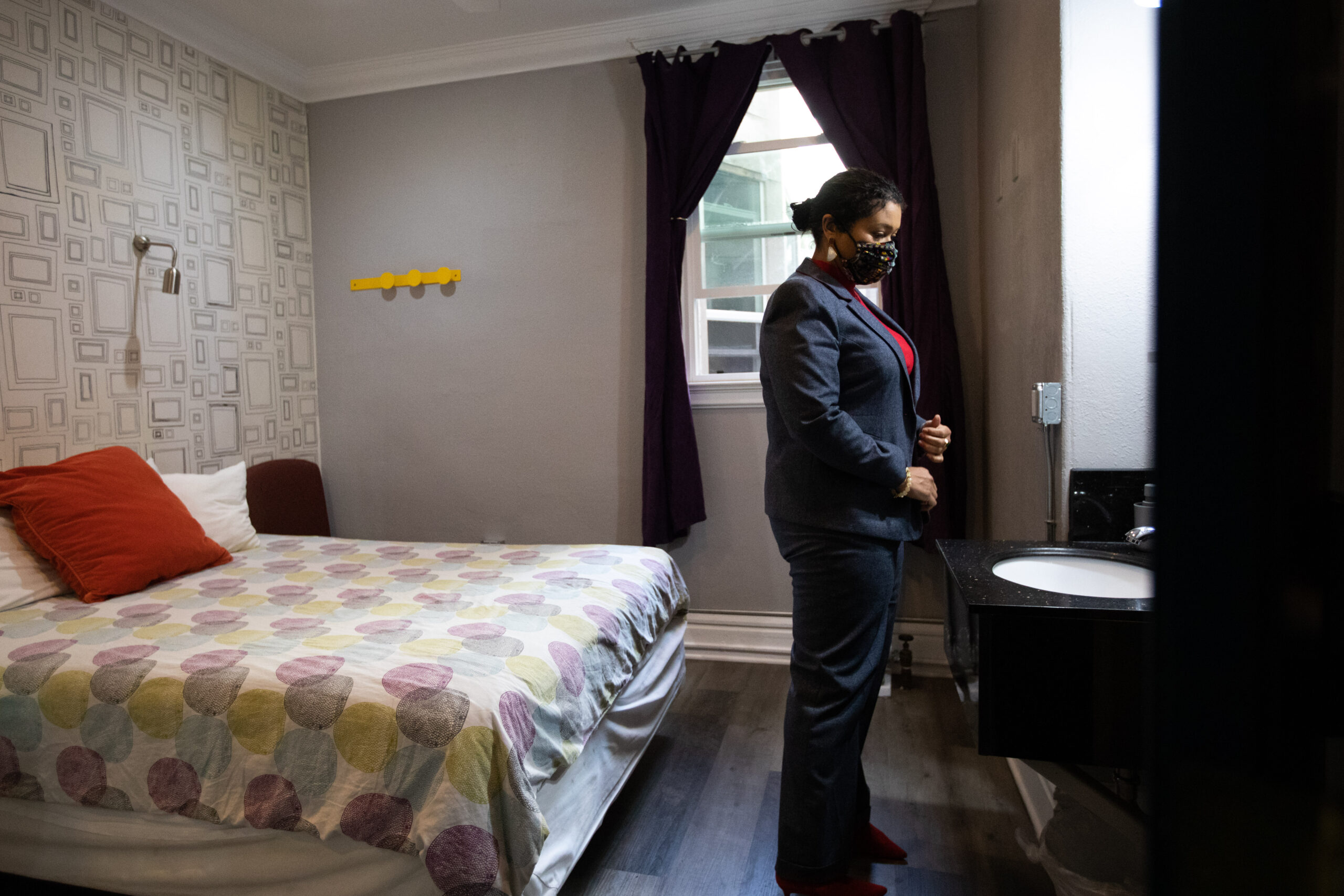Mayor London Breed’s decision to veto the “fourplex” legislation passed by the Board of Supervisors returns the city to a tense status quo on housing that may only be resolved through state intervention.
On Thursday, Breed vetoed an ordinance that would have technically allowed four units on every lot and six units on corner lots in San Francisco, but also put additional barriers in place that critics—and even some supporters—predicted would result in very little, if any, new housing getting built.
In a letter explaining her decision, Breed said the measure undermined Senate Bill 9, a 2021 law that ostensibly ended single-family zoning in California by allowing homeowners to split single-family residential lots into two separate lots and build up to two units on each parcel.
But the controversial law also gave local jurisdictions the ability to add requirements like mandates on affordability, and objective design and zoning standards.
“Instead of cutting bureaucracy and reducing project costs, the Board added many new requirements and imposed new financial barriers that will make it even less likely for new housing to be built under the ordinance’s provisions,” Breed wrote.
So what’s next?
District 8 Supervisor Rafael Mandelman, who introduced the measure and spent more than a year championing its passage, said in a statement that while he did not support many of the amendments made by his fellow supervisors, the mayor’s action “will not be the final word on this effort.”
While the board could override the veto, it would require eight votes to do so—a challenging proposition given that the legislation passed with the support of only seven supervisors.
Chris Elmendorf, a UC Davis law professor, said there is a possibility that the board could work on a different fourplex bill that could facilitate housing production, but doubts sufficient political support exists on that front either.
With the existing gridlock around housing policy, Elmendorf said the most likely scenario is that the city’s Planning Department would simply move forward on approving projects that would fall under the purview of SB 9. But as a January analysis commissioned by the Planning Department found, those opportunities are extremely limited because of financial constraints.
Another intriguing element of the debate over the fourplex legislation was California’s Department of Housing and Community Development (HCD) publicly cheering Breed’s veto, writing in a statement that the proposed fourplex ordinance would just be more of the status quo.
The department, which launched an enforcement arm last year meant to bring local jurisdictions in line with state housing standards, has repeatedly needled San Francisco over its decisions, including a public rebuke over the Board of Supervisors’ rejection of a 495-unit apartment building at 469 Stevenson St last year.
The inflection point, according to Elmendorf, could be San Francisco’s Housing Element Update. Required under state law, that’s a roadmap for building 82,000 new housing units in San Francisco over the next eight years. The plan must be submitted and certified by HCD by the end of the year.
“San Francisco will be a critical test case, for one, because it’s a major outlier in terms of how long it takes to get projects approved,” Elemendorf said.
“I have to think that this is a signal to the Board of Supervisors that funny business is not going to get the job done when it comes to this 8-year housing plan,” he added.
State Sen. Scott Wiener, who has championed pro-housing development policy and authored SB 9, said in a tweet “SF is on thin ice legally” and that he foresees a potential state lawsuit in the city’s future.
“At the state level, we have been taking action to try to have a better balance and say that extreme local control in housing isn’t working,” Wiener said in an interview on Friday. “But I also just want San Francisco itself to do the right thing. This is a city that knows how to get things done.”
Editor’s Note: An earlier version of this story stated that the bill had the support of six supervisors, which was true of its first reading on Jun. 28. In its second reading on July 12, the bill passed in a 7-4 vote.
